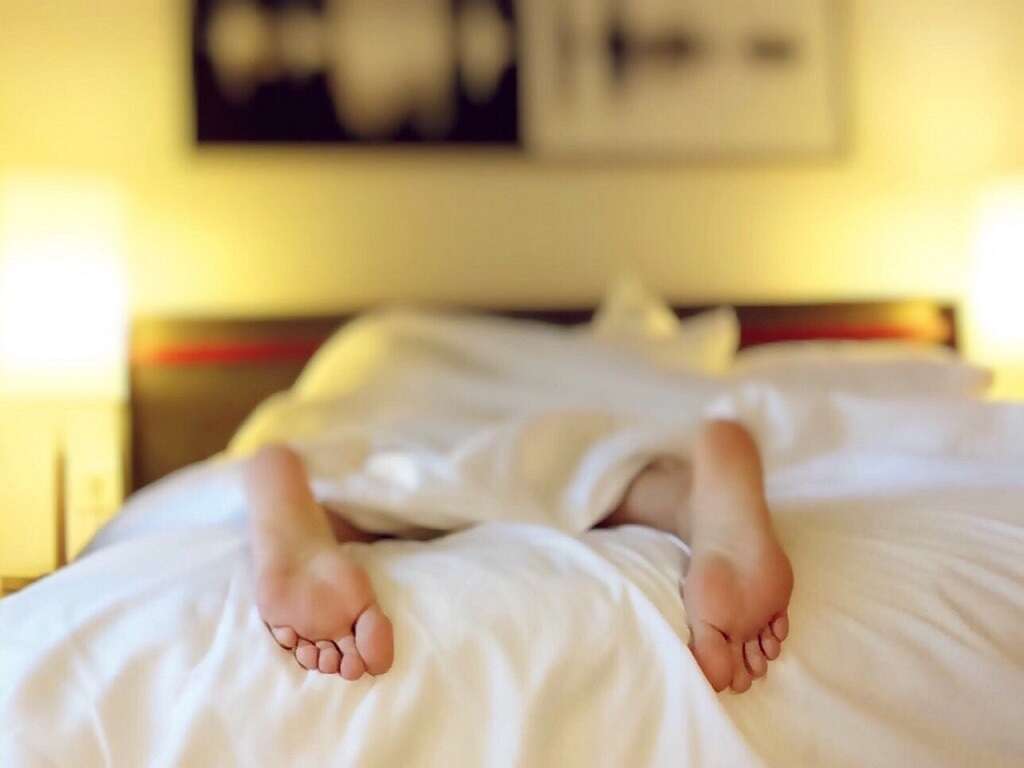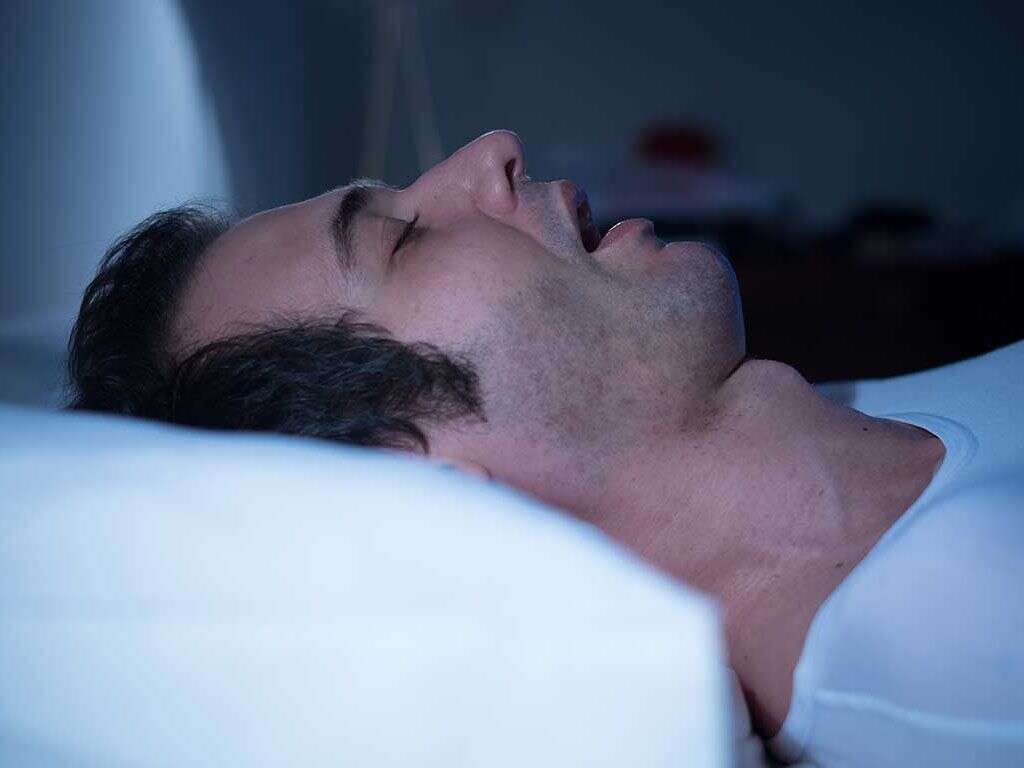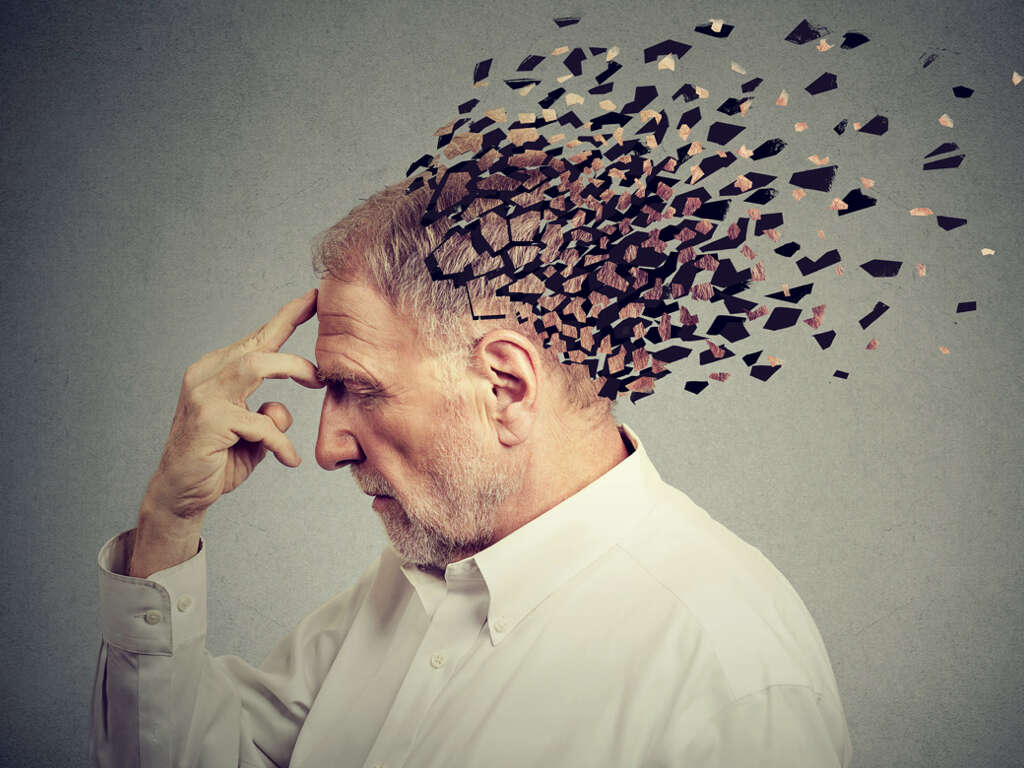10 Foods That Help You Sleep
You probably don’t know about it, but in order for you to fall asleep, your brain produces a number of hormones and neurotransmitters. These compounds help your body and brain to relax and gently drift off to dreamland.
Your brain needs certain nutrients to produce these sleep-promoting compounds. If your body is deficient of these nutrients, the brain cannot produce adequate sleep hormones and neurotransmitters. Consequently, it may be difficult for you to fall sleep.
Eating certain types of food before going to bed can provide your brain with the necessary nutrients and micronutrients. These micronutrients include magnesium, tryptophan, omega-3 fatty acids, vitamin B6, and calcium. Here are 10 foods that can help you sleep better.
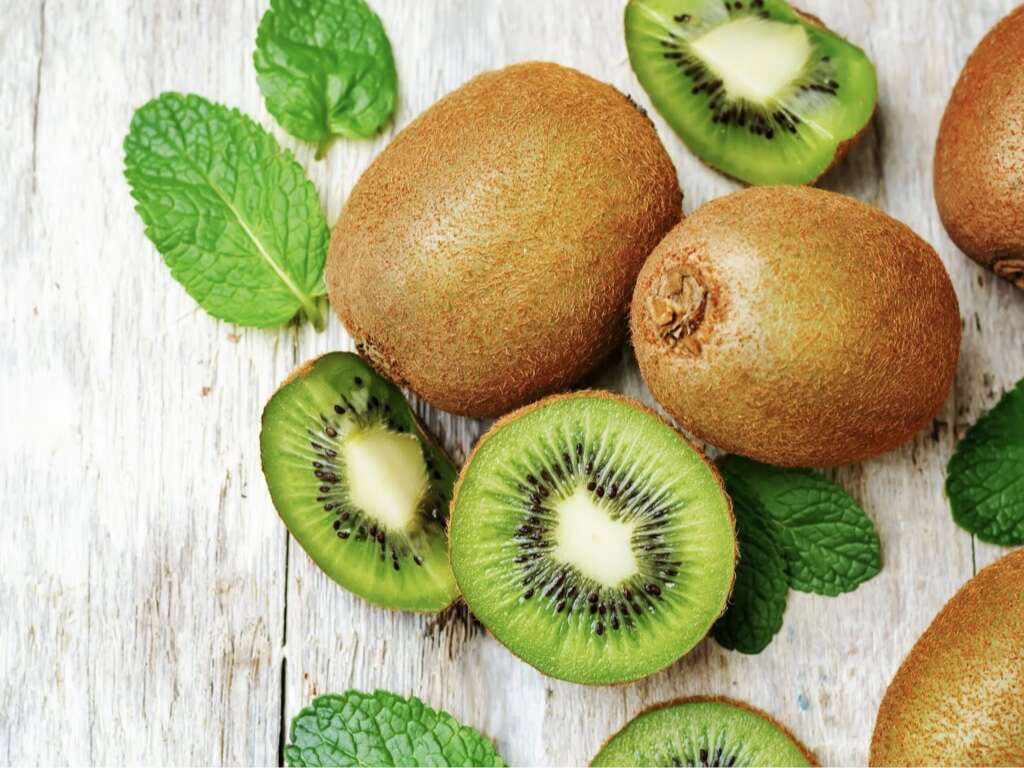
Food #1: Kiwifruit
Kiwifruit is well known for its health benefits courtesy of its high oxidant levels. Kiwi boosts the immune system, and also improves the circulatory and respiratory systems. The resultant good health can help support other body functions including sleep. But there is more to kiwi than that. Kiwi fruit contains serotonin, the neurotransmitter that helps you sleep.
Eating one or two kiwi fruits before bed can help you sleep sooner and for longer. In a study conducted on people with sleep problems, the group who ate kiwi daily slept faster upon getting to bed, had fewer sleep disturbances, and slept longer than those who didn’t eat kiwi fruit.

Food #2: Banana
Bananas are a great food to eat before going to bed. Bananas are a rich source of magnesium and potassium, which your muscles require to function properly. This includes relaxing muscles so that you can fall asleep. Bananas also contain L-tryptophan; an amino acid that has sedative effects. Additionally, bananas are a rich source of vitamin B6, which your body needs to produce the hormone melatonin.
It is prudent, however, to eat that banana about an hour before bedtime so that your digestive system can have adequate time to start processing its sleep-benefiting nutrients. Also avoid overdoing it. Eating too much food before going to bed can make it difficult for you to sleep or stay asleep.
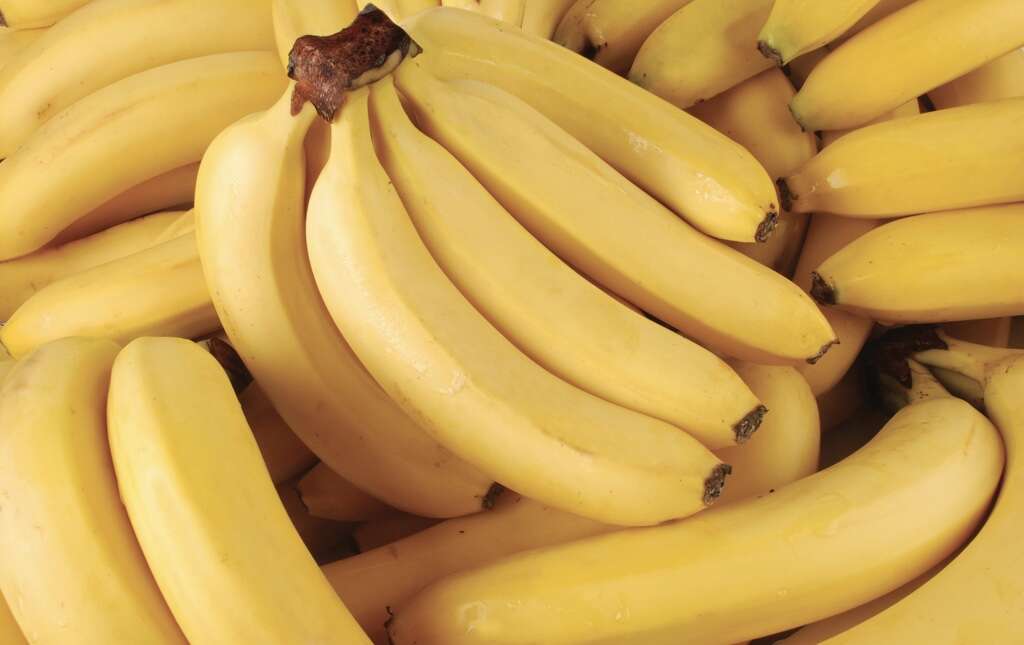
Food #3: Grapes
Eating a few grapes before bed can help you sleep better. Some studies in Italy found that grapes contain melatonin. This compound is also secreted by the pineal gland in the brain. The melatonin secreted in the brain is a hormone that regulates the sleep–wake cycle. Increasing melatonin levels in the body induces sleep. This is the reason why melatonin is used as a short-term sleep aid.
Eating grapes increases your melatonin levels and is, therefore, an easy way to help you sleep without using sleep medication. It is not, however, clear whether wine contains melatonin. But even if it did, too much alcohol can interfere with your sleep.

Food #4: Fatty Fish
Are you wondering if fatty fish can actually help you sleep? Well, it can. Fatty fish is a great source of omega-3 and vitamin B6. Omega-3 has many health benefits including fighting inflammation and improving brain functions. Omega-3 also makes you sleep better by supporting increased production of melatonin hormone. On the other hand, your brain uses vitamin B6 to produce the sleep-regulating neurotransmitter called serotonin.
The combination of omega-3 and vitamin B6 in fatty fish like tuna, salmon, and halibut, helps to increase melatonin and serotonin neurotransmitter levels. This helps you to fall asleep faster, and remain asleep longer, so that you wake up well rested.
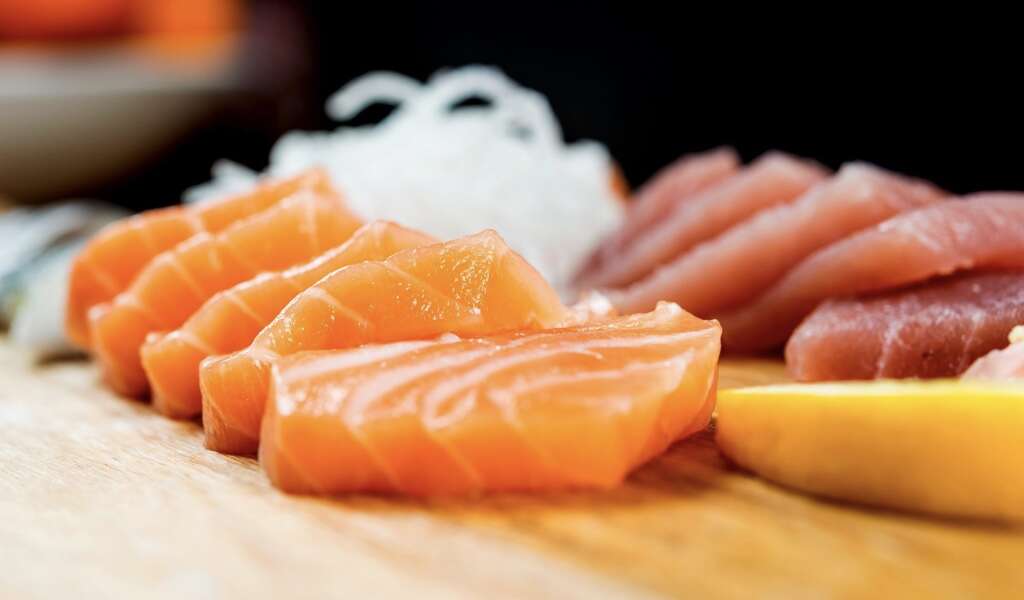
Food #5: Turkey
While you may associate turkey with Thanksgiving, you can have it every night to help you sleep better. There have been many discussions on whether or not turkey induces sleep. Some people have argued that eating large amounts of food during Thanksgiving as opposed to eating turkey could be the reason why you felt sleepy. Many others argue that turkey indeed causes you to sleep. Whichever side you are on, you have probably felt sleepy after a turkey feast anyway.
Turkey is a rich source of protein which can cause you to feel tired after a meal. Turkey also contains tryptophan, the amino acid that causes your brain to produce more melatonin. Increased melatonin levels at night can help you fall asleep easily and to remain asleep through the night.

Food #6: Tart Cherry
Tart cherry is yet another food that helps you sleep. Rich in vitamins A and C, manganese, and antioxidants like anthocyanins and flavonoids, tart cherry has protective properties against inflammation that is responsible for many diseases including diabetes, heart disease, and cancer. Good health can help you lead a high quality of life. It can also help you sleep better at night.
Tart cherry is also high in melatonin, which is critical to the sleep–wake balance. Studies involving people with insomnia have shown that taking tart cherry juice two times a day improves the ability to fall sleep and remain asleep.
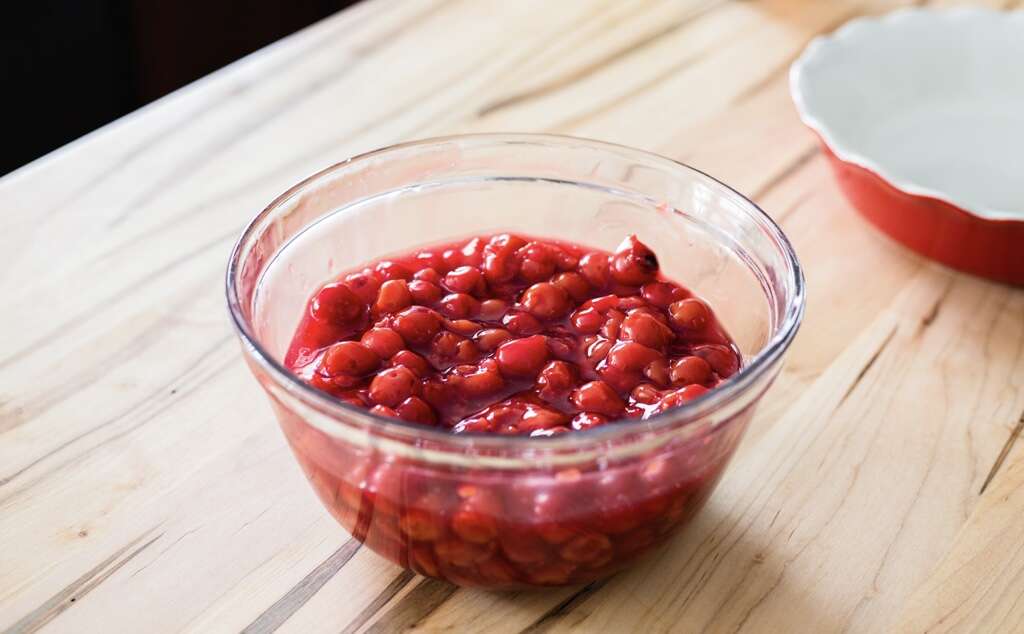
Food #7: Walnuts
Walnuts are a great source of vitamins and minerals, which your body needs for good health. They also contain omega-3 fatty acids, which, besides helping improve your overall health, also help you sleep better at night. Additionally, walnuts contain melatonin, the hormone that regulates your sleep and wakefulness. Eating some walnuts before going to bed can help increase the levels of sleep hormones and neurotransmitters in your brain and body without the negative effects associated with sleeping pills.
Therefore, the next time you find it difficult to fall asleep, try some walnuts. But do this about one hour before bedtime. And don’t overdo it because eating too much before going to bed can make you uncomfortable and affect your sleep.

Food #8: Chamomile Tea
For thousands of years, chamomile tea has been in use to help calm the nerves and induce sleep. And there is a scientific explanation for this. Chamomile contains an antioxidant called apigenin. When you take chamomile tea, the apigenin in it ends up in the brain where it binds to some receptors to reduce anxiety. This causes you to relax enough to sleep.
Various studies have established that people who take chamomile tea fall asleep faster and stay asleep longer compared to those who don’t. Chamomile even works for people who have insomnia. In one study, a group of people suffering from chronic insomnia were given 270 mg of chamomile extract, two times a day for four weeks. The study found that those who took chamomile fell asleep faster than those who did not. They also remained asleep longer with few disturbances at night.
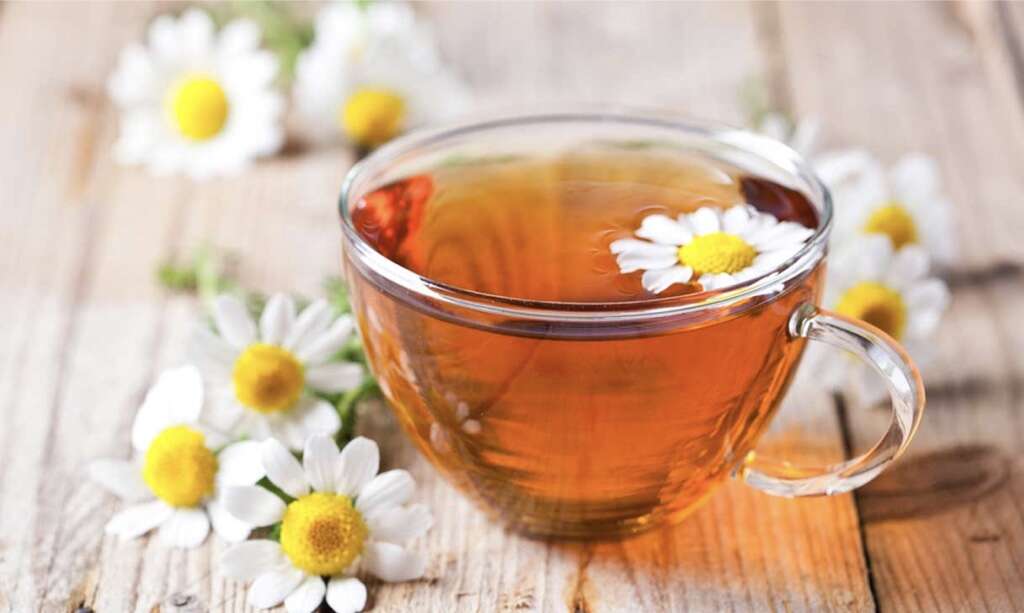
Food #9: Oranges
You probably don’t know that eating an orange before your bedtime can help you fall asleep. But it can, thanks to its high vitamin C content. If you have vitamin C deficiency, you may find it difficult to fall asleep or stay asleep. You may also suffer from restless leg syndrome. You need vitamin C for good health including recovery from illness.
If you have insomnia and probably also restless leg syndrome, your body could be low in vitamin C. Oranges and similar citrus fruits like grapefruit are high in vitamin C. They are also high in antioxidants that boost your overall health.

Food #10: Dark Chocolate
Falling asleep is a good excuse to indulge in a nighttime dark chocolate snack as long as you don’t overdo it. Dark chocolate is high in magnesium, which the body requires for many biochemical functions including regulating the sleep–wake cycle. Other roles of magnesium in the body include regulation of blood pressure, heartbeat, blood sugar, and body temperature. All these have a bearing in the achievement of restful sleep.
Powerful antioxidant compounds in dark chocolate also help reduce anxiety, lower blood pressure, and help you to relax and fall asleep. However, avoid sugary chocolate because it may not have much benefit. It may also lead to unintended weight gain.




